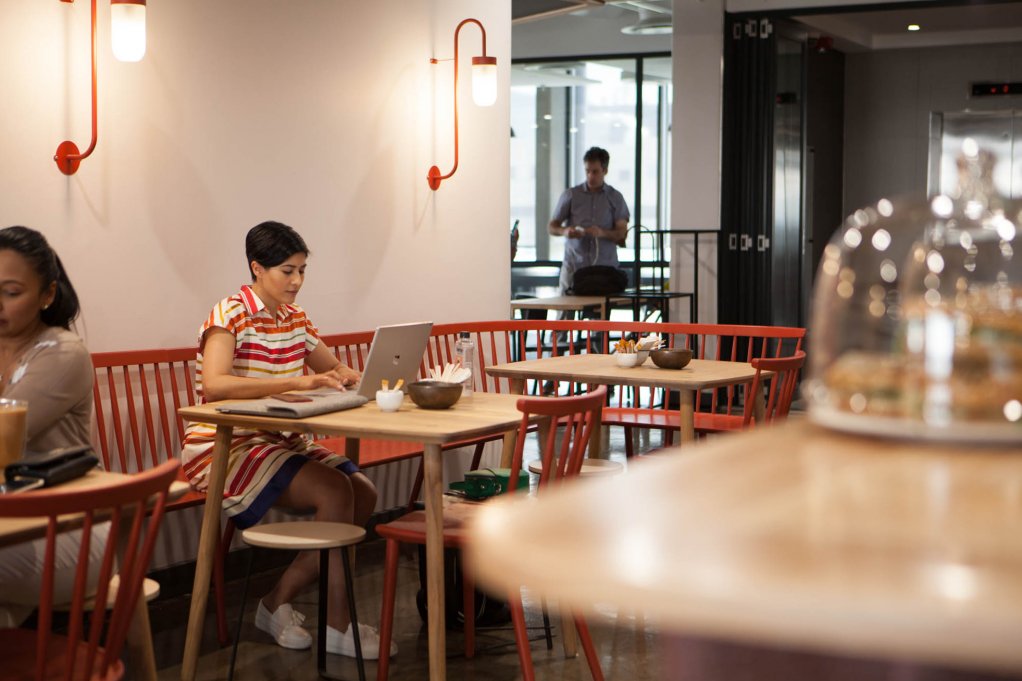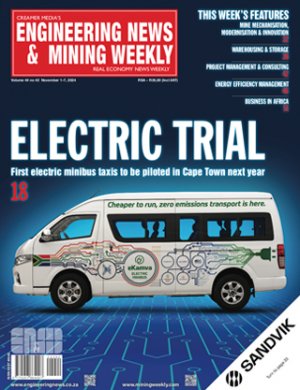Covid-19 and the resultant lockdown regulations across the globe have led to many people working from home, avoiding the traditional office workspace and experiencing an unprecedented blend of work and private life. In addition, businesses have been forced to quickly adapt to new ways of working.
South African workspace provider Workshop17 has identified a number of local trends, as a result of the effects of the Covid-19 pandemic, including:
- Remote work environments are increasingly important, including working from home and other scenarios
- The future of the office is both physical and virtual, aimed at supporting remote work
- With more employees working remotely, some small, medium-sized and microenterprises (SMMEs) as well as larger corporate companies are considering a number of options, such as:
- Better virtual office resources, to support remote workers
- Smaller offices
- More flexible office leases, offering diverse locations for employees who want to work close to home.
In response to market demands, the company aims to provide a continuum of work environments that blend physical and virtual workspace services and is extending its services to support home offices and changing corporate office needs.
“The office of the future will no longer be a specific space in one building, but a combination of physical spaces accompanied by virtual office resources that enable online meetings, planning and collaboration,” says Workshop17 CEO and co-founder Paul Keursten.
The company explains that it gained a number of insights from local market research on how Covid-19 and technology have reframed an understanding of the work-setting. More than half of the SMMEs surveyed in the #CombatCovid SMME Survey, co-sponsored by Workshop17, reported that they had used technology to keep their businesses ticking over during these trying times. 54% of businesses had adopted and/or increased their use of technology, with tools such as online video conferencing, in order to work remotely, run their businesses and streamline processes.
Despite the easing COVID-19 restrictions, many companies, big and small, are continuing to allow their employees to work remotely. This shift has had an impact on the traditional idea of the office.
In recent months, Workshop17 states that it has seen an increase in enquiries from large corporates and smaller businesses looking for more flexible workspace options. It notes that corporates recognise that employees do not necessarily need to be based at a head office to be productive, although long-term work-from-home arrangements are not a solution for everyone. The company explains that employees may not necessarily have all the required work resources at home, such as adequate work space, ergonomic furniture, specific office equipment, a stable Internet connection, a quiet work space and secure electricity supply. In addition, it may be challenging for employees not to have regular in-person interaction and engagement with colleagues.
The company has observed the need for a so-called ‘third space’, or ‘mailable office’ concept that is relatively close to employees’ homes, offers ergonomic and functional facilities and a conducive atmosphere that allows staff to be creative and effective, as well as interact with others.
These noted shifts have led Workshop17 to develop new offerings, such as an ‘office for the day’ for small businesses, a larger ‘serviced white box plus’ for larger companies who require a dedicated space with a corporate identity, while continuing to offer its traditional ‘Workshop17 full’ offerings.
In addition, the company has developed a new online platform, W17 World, which aims to provide a range of secure features for co-working, co-learning and well-being. The platform provides access to the company’s fully encrypted video conferencing platform, available to all members, as well as the public. The secure W17 Meet video conferencing solution provides an alternative to Zoom. Hosted by Workshop17’s servers in South Africa, the platform allows free unlimited calls and call time.
The platform also facilitates ‘blind networking’ for members who are trying to expand business networks, share a business idea, or connect with a specific industry expert. The company also provides members with virtual event management services for webinars, seminars and workshops.
Members also have access to the W17 World ‘Entrepreneur Toolbox’ for crowd-sourced content including applications, online courses and free learning, eBooks and templates. Other features include a community notice board, playlists, work-out tips and favourite recipes.
To cater for the new trend towards home-office spaces, Workshop17 has announced that it will be teaming up with local designers to launch a custom-made ergonomic office furniture range which will be on sale to its members and to the public.
The company also has plans to provide additional services to people currently working from home, including Internet solutions that offer stable home Internet access with added data security.
In a shift to ensure a healthy working environment for members, the company has redesigned its physical office areas and shared workspaces at its eight locations across Gauteng and Cape Town to comply with the all Covid-19 health and safety protocols.
EMAIL THIS ARTICLE SAVE THIS ARTICLE
To subscribe email subscriptions@creamermedia.co.za or click here
To advertise email advertising@creamermedia.co.za or click here













